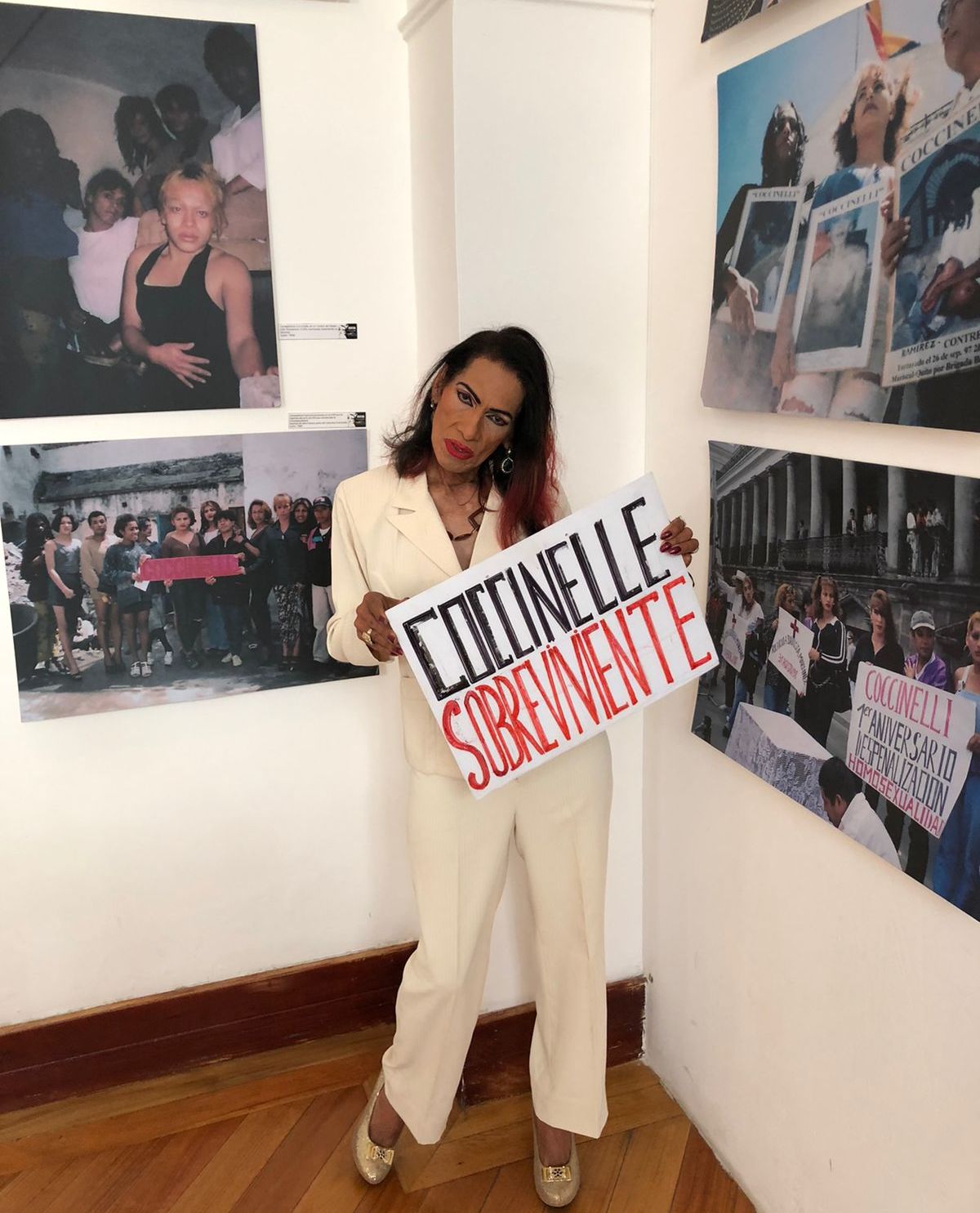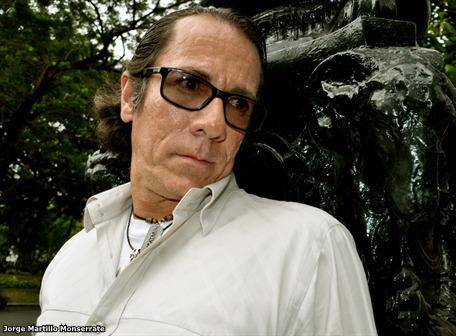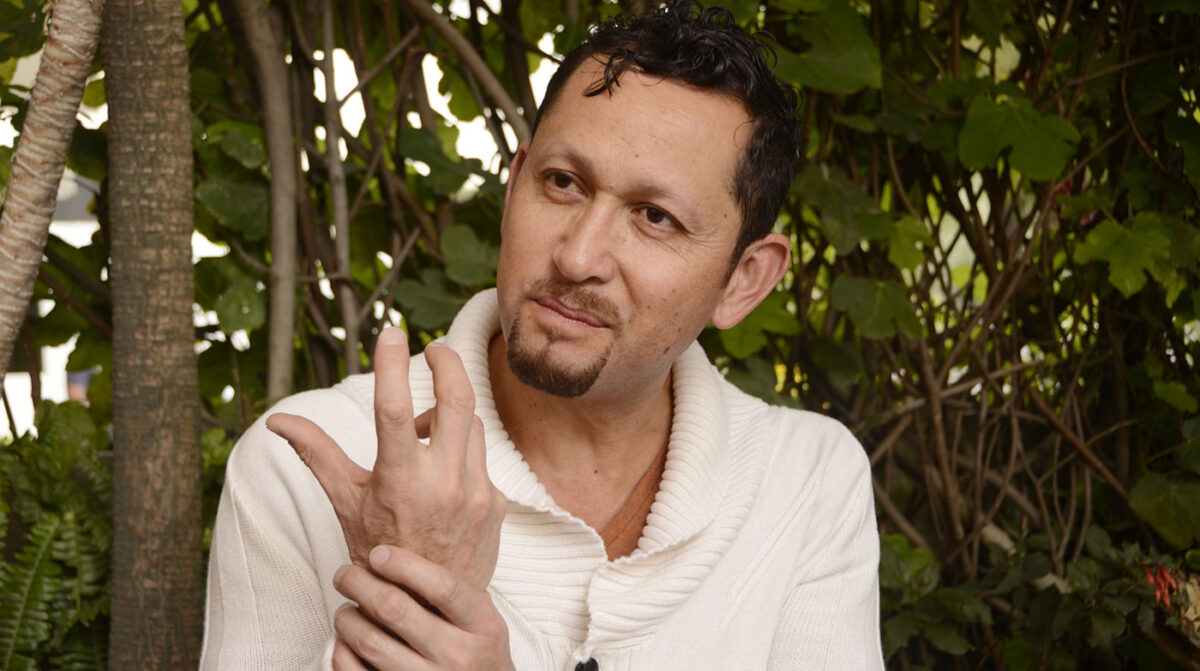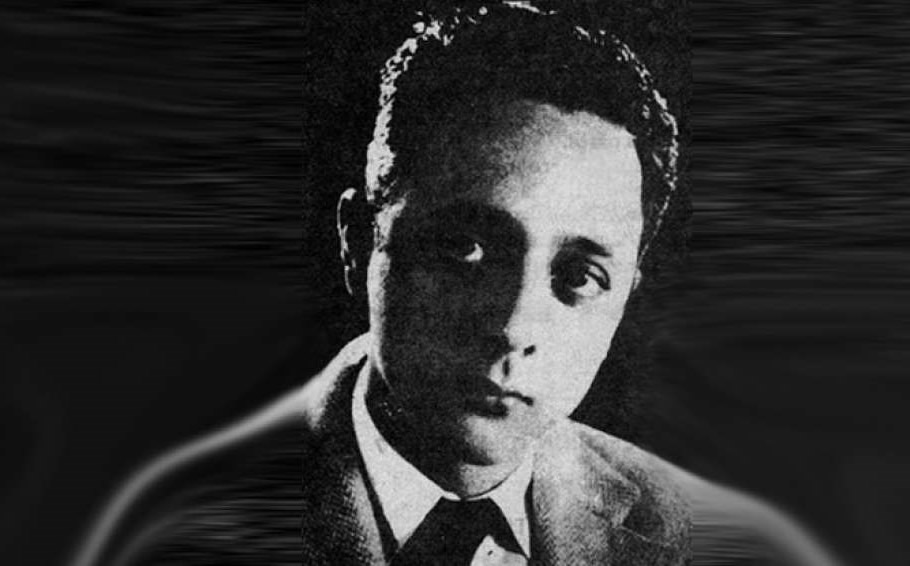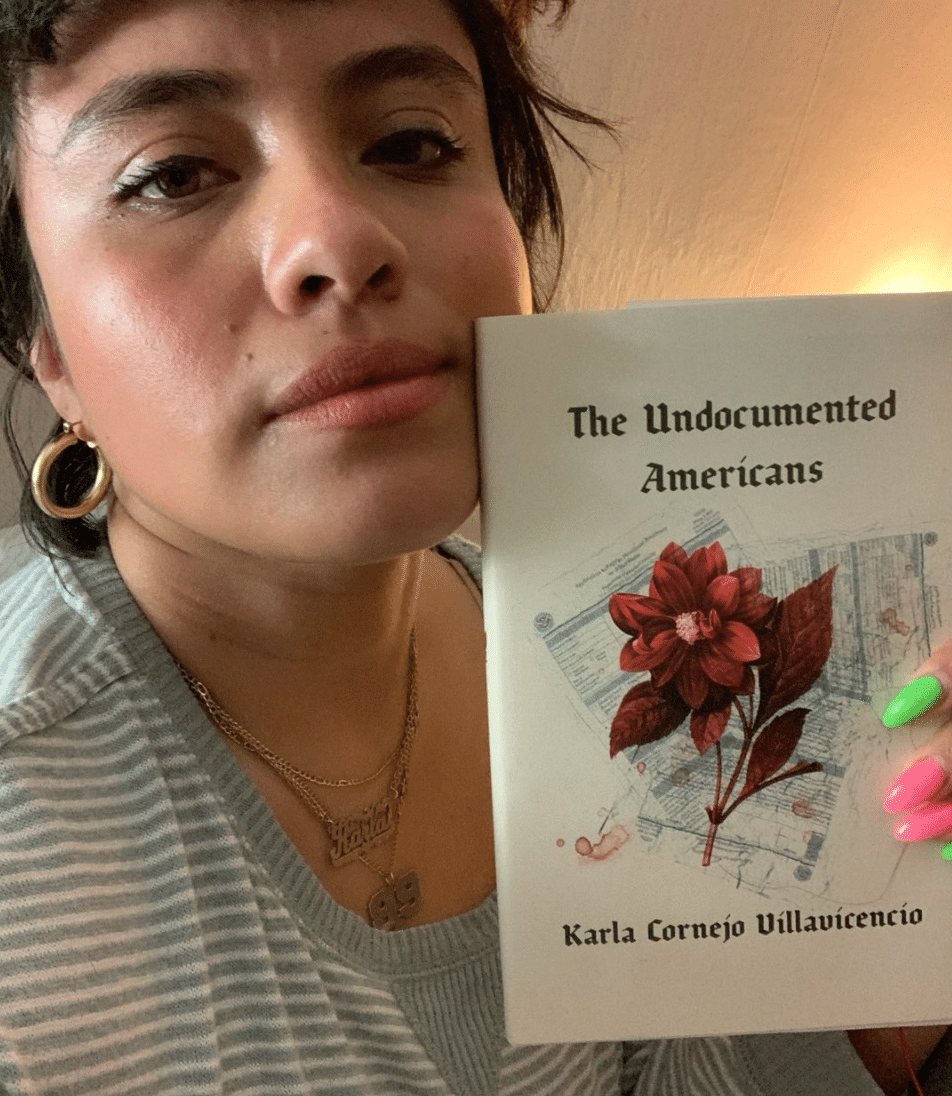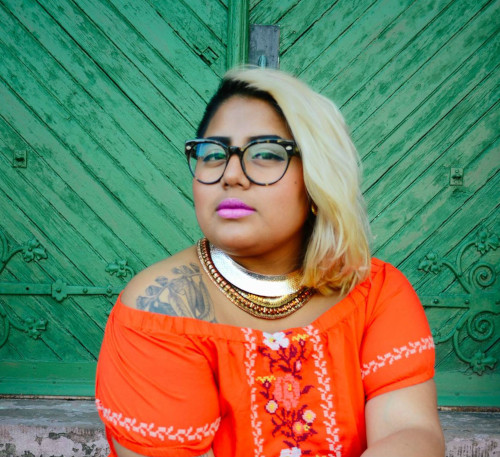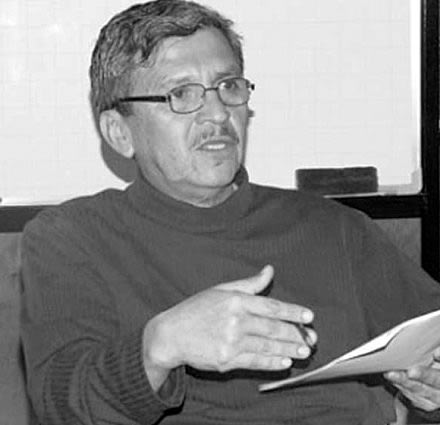Dudley Poore (September 6, 1893 – 1981) was an American poet, author, and translator. He was renowned for his translations of notable works from Spanish and Portuguese into English, including “Our Daily Bread” (1943) by Ecuador’s Enrique Gil Gilbert, which received honorable mention at Farrar Rinehart’s Latin-American Prize Novel Contest. Poore’s translation of “The Bonfire” (1944) by Cecilio J. Carneiro of Brazil also garnered critical acclaim. Apart from translation, Poore co-edited “Fiesta in November: Stories from Latin America” (1942) and “North American Storytellers” (1946). His poetry was featured in “Eight Harvard Poets” (1917). The “Dudley Poore papers,” which document both his personal and professional life, are housed in the Beinecke Rare Book and Manuscript Library at Yale University. This collection includes his correspondence, writings, photographs, notebooks, and other materials.
Continue reading “Dudley Poore”Category: Homosexual Writers
Purita Pelayo
Purita Valentina Pelayo, also known by the pseudonym Alberto Cabral (Esmeraldas, March 24, 1957) is an Ecuadorian transgender activist and author. She was one of the founders and the president of the Coccinelle Association, the first organization of transgender people in the history of Ecuador, which played a leading role in the campaign for the decriminalization of homosexuality in the country, which achieved its goal in November 1997. She is also the author of the award-winning non-fiction work “Los fantasmas se cabrearón” (2017), which recounts police abuse and the birth of LGBT activism in Ecuador at the end of the 20th century.
Continue reading “Purita Pelayo”Juan Carlos Cucalón
Juan Carlos Cucalón (Guayaquil, 1963) is an Ecuadorian short story writer and playwright. In 2007 he won first place in the Pablo Palacio Short Story Biennial with his story “Miedo a U2” [Fear of U2]. His book of short stories “Surcos obtusos” won the 2009 edition of the Luis Félix López National Literature Contest. Among the themes of the book are homoeroticism and masculinity in Latin America. In 2010, he premiered his play “Exododedosexos,” whose plot follows two transgender women named Malva Malabar and Simoné Bernadette who prepare to stage a play by Tenesse Williams. Cucalón is openly homosexual, and throughout his career he has published numerous stories featuring characters of various sexual orientations.
Continue reading “Juan Carlos Cucalón”Pedro Artieda Santacruz
Pedro Artieda Santacruz (Quito, 1964) is a psychologist, novelist, short story writer, journalist, essayist, literary critic, and professor. In 2003, he published a study titled “La homosexualidad masculina en la narrativa ecuatoriana” [Male Homosexuality in Ecuadorian Narrative], which received the Manuela Saénz Prize in 2004. His first novel, “Nadie sabe con certeza” [Nobody Knows For Sure], was published in 2001, followed by the psychological science fiction novel “La última pared roja” [The Last Red Wall]. In 2011, he released a collection of short stories titled “Lo oculto de la noche” [The Hidden Night], and in 2013, his third novel “Bajo el hábito” [Beneath the Habit] received an honorable mention at the Joaquín Gallegos Lara Prize for Best Novel of the Year. This novel tells the story of a transgender Franciscan living in a monastery in Quito. Pedro Artieda Santacruz has contributed to newspapers such as El Comercio and Hoy, and his articles on literature, cinema, and gender have been published in various magazines including Diners, El Búho, and Vistazo, among others.
Continue reading “Pedro Artieda Santacruz”David Ledesma Vásquez
David Ledesma Vásquez (Guayaquil, December 17, 1934 – March 30, 1961) was an Ecuadorian poet, writer, journalist, stage actor, and radio drama and radio soap opera actor. Although his work went unnoticed for several years after his death, it eventually acquired a cult following. He belonged to Club 7, a group of poets from the port city of Guayaquil in the 1950s. He committed suicide by hanging at the age of 27 in 1961. He left behind several unpublished works, including one ominously titled “La risa del ahorcado” [The Hanged Man’s Laugh]. Ileana Espinel Cedeño, a fellow Club 7 member, oversaw the posthumous publication of his poetry collection “Cuaderno de Orfeo” [Orfeo’s Notebook] in 1962.
Continue reading “David Ledesma Vásquez “Karla Cornejo Villavicencio
Karla Cornejo Villavicencio (1989) is a writer from Ecuador. In 2020 she published, “The Undocumented Americans,” which was among Barack Obama’s favorite books of 2020, it was also a finalist for both the National Book Award and the National Book Critics Circle Award. Writing for The New York Times, Caitlin Dickerson called the book “captivating and evocative.” Cornejo graduated from Harvard in 2011, becoming the first undocumented immigrant to do so. She was an Emerson Collective fellow, and as of September 2020 is a Ph.D. candidate in the American studies program at Yale. Her articles have been published in The Atlantic, Elle, Glamour, n+1, The New Republic, The New York Times, and Vogue.
Continue reading “Karla Cornejo Villavicencio”Sonia Guiñansaca
Sonia Guiñansaca (Cuenca, 1989) is a migrant poet, cultural organizer and activist whose work aims for culture equality and social justice, focusing on migrant rights, climate change, LGBTQ+ rights, and gender discrimination. At the age of 5 Guiñansaca migrated to the United States to reunite with her parents in New York City.
Continue reading “Sonia Guiñansaca”Roy Sigüenza
Roy Sigüenza (Portovelo, El Oro Province, Ecuador, 1958) is an Ecuadorian writer and poet. His poetry is homoerotic in theme; he is known for transforming scenes of ordinary life into settings for erotic encounters. Although he has a penchant for brevity and simplicity of language, at times he makes use of greater stylization, while including references to other homosexual writers from both Europe and the United States. Within the Ecuadorian poetic scene, Sigüenza, speaking with a new lyric voice (that of a marginalized and persecuted homosexual), has developed a style that, very quickly, other poets have adopted as a reference point for their own work. One of the few authors in Ecuador willing to write of marginalized sexual experiences in an openly confessional manner, he has gained a certain status as a literary rebel within Ecuador.
Continue reading “Roy Sigüenza”

